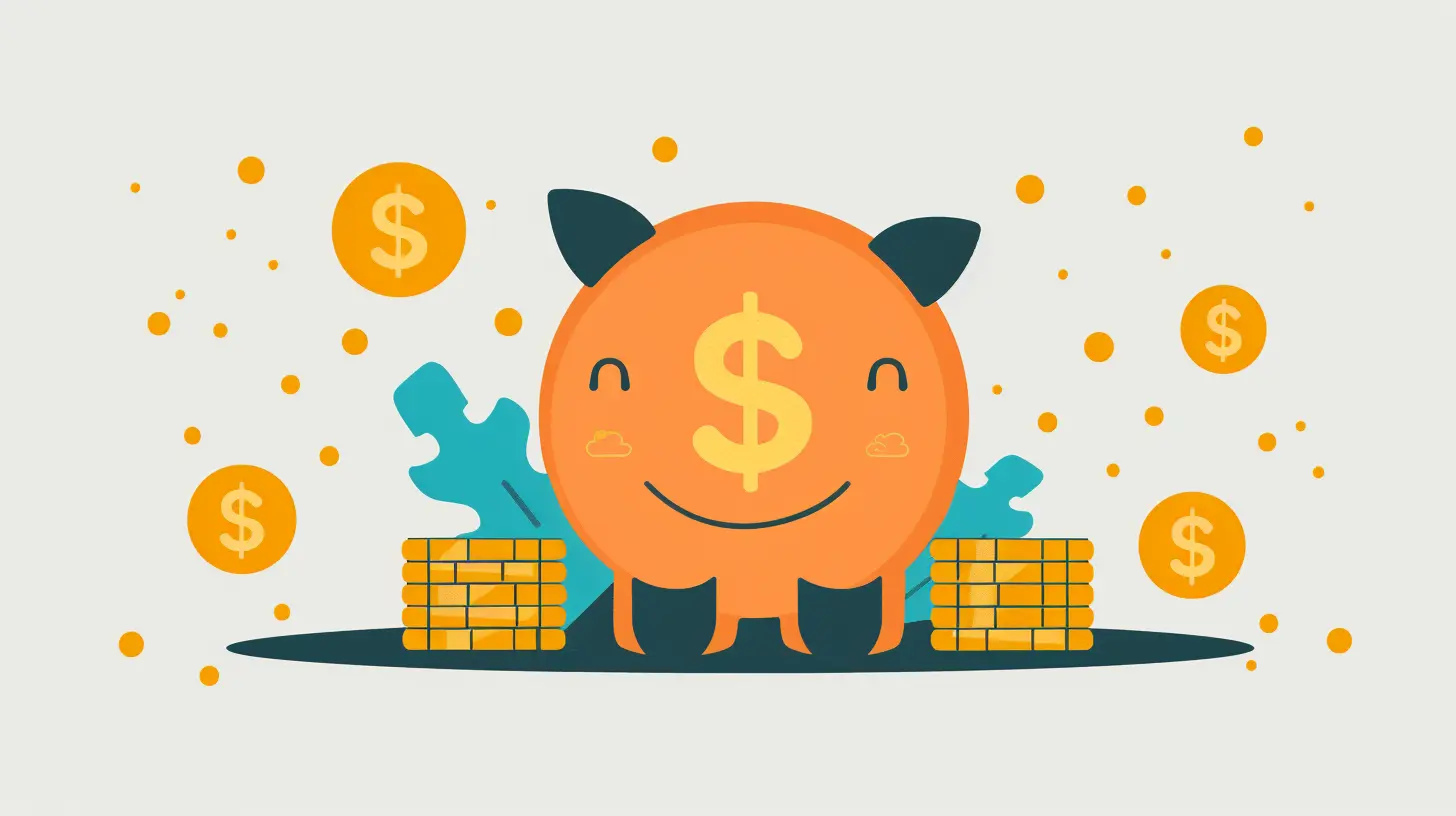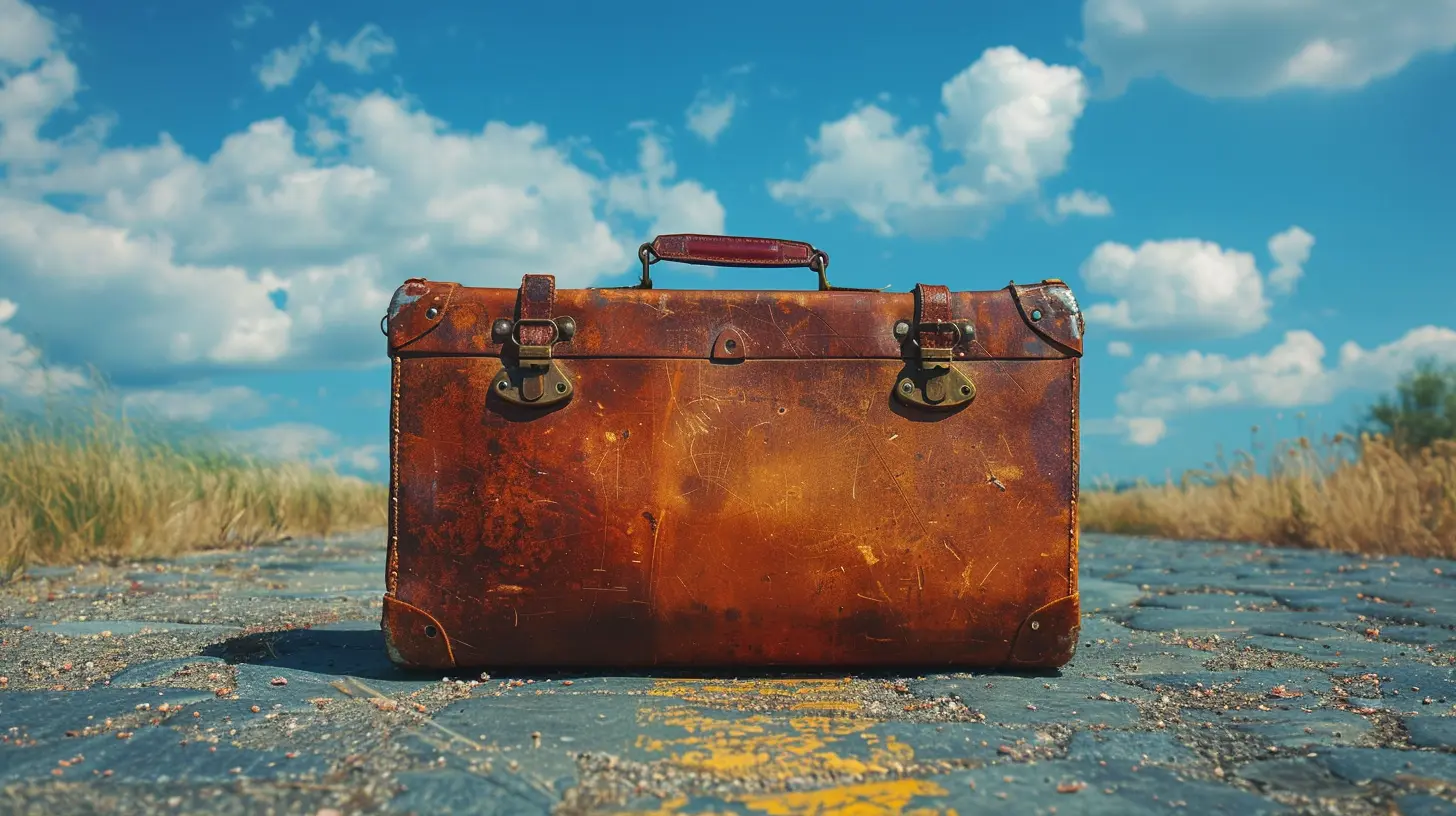The Importance of Emergency Funds on Your Path to Financial Security
1 November 2025
Life is full of surprises—some good, some bad. But when it comes to money, unexpected expenses can throw a wrench in your financial plans. Whether it's a sudden medical bill, car repair, or job loss, being unprepared can lead to stress, debt, and financial instability. That’s where an emergency fund comes in.
An emergency fund isn't just a nice-to-have—it's a must-have. It acts as your financial safety net, providing peace of mind and security when life decides to throw curveballs your way.
In this article, we’ll dive deep into why having an emergency fund is crucial, how much you should save, where to keep it, and how to build one—even if you're starting from scratch. 
What Is an Emergency Fund?
An emergency fund is a stash of money set aside specifically for unexpected expenses. Unlike savings for vacations or a new car, this money is meant to cover urgent, unplanned financial needs.It’s not for shopping sprees or impulse buys—it's there to protect you from falling into debt when life throws unexpected financial burdens your way. 
Why an Emergency Fund Is Non-Negotiable
You might think, "I have a credit card, isn’t that enough?" Not quite. Relying on credit cards or loans for emergencies can lead to high-interest debt, making a financial setback even worse. Let’s break down why an emergency fund is absolutely essential.1. Protects You from Debt
Without an emergency fund, the first thing most people do when faced with an unexpected expense is swipe their credit card or take out a loan. While this may seem like a quick fix, it only pushes you further into debt with interest piling up. With an emergency fund, you avoid paying interest and reduce financial stress.2. Provides Peace of Mind
Think about it—how would you feel if you lost your job tomorrow? Scary, right? Having an emergency fund helps reduce anxiety because you know you have a financial cushion to fall back on. Peace of mind is priceless.3. Prevents Interruptions to Your Financial Goals
If you’re saving for a house, investing for retirement, or working towards any financial goal, an unexpected expense can derail your progress. Having a dedicated emergency fund ensures that your long-term financial plans remain on track.4. Gives You Financial Independence
An emergency fund keeps you from depending on family, friends, or payday loans in times of need. It puts you in control of your finances and decisions.
How Much Should You Save in Your Emergency Fund?
The amount you need in your emergency fund depends on several factors, including your lifestyle, monthly expenses, and financial responsibilities. Here's a basic guideline:- Starter Emergency Fund: $500 - $1,000 (Ideal if you're just getting started)
- Basic Emergency Fund: Three months' worth of essential expenses (Rent, utilities, food, insurance, etc.)
- Fully Funded Emergency Fund: Six to twelve months of expenses (Recommended for financial security and peace of mind)
If you have dependents, unstable income, or work in an industry with frequent layoffs, aiming for six to twelve months of living expenses is a wise choice. 
Where Should You Keep Your Emergency Fund?
Your emergency fund should be accessible but not too accessible. You don’t want it sitting in your checking account where you might be tempted to spend it, but you also don’t want it locked away in an investment that could lose value or take days to withdraw.Best Options for Storing Your Emergency Fund:
1. High-Yield Savings Account (Best Choice)- Keeps your money safe
- Earns some interest
- Easily accessible
2. Money Market Account
- Similar to a savings account but sometimes offers higher interest rates
- Provides easy access through checks or debit cards
3. Short-Term Certificates of Deposit (CDs)
- Offers higher returns than a savings account but has withdrawal restrictions
- Only a good option if you don’t need immediate access
Avoid keeping your emergency fund in stocks, cryptocurrencies, or real estate—it needs to be liquid and stable.
How to Build an Emergency Fund (Even on a Tight Budget)
Starting an emergency fund can feel overwhelming, especially if money is tight, but it’s absolutely doable with the right approach.1. Start Small, but Start Now
Don’t stress about saving six months of expenses right away. Begin with small, achievable goals like $500 or $1,000. Every dollar counts!2. Set Up Automatic Transfers
Automating your savings means you won’t forget or be tempted to skip a month. Set up an automatic transfer from your checking account to your savings account each payday.3. Cut Unnecessary Expenses
Take a hard look at your budget. Are you paying for subscriptions you don’t use? Eating out too often? Small sacrifices now can lead to big financial security later.4. Use Windfalls Wisely
Did you get a tax refund, work bonus, or birthday money? Instead of splurging, put some (or all) of it into your emergency fund.5. Earn Extra Income
If possible, consider a side hustle, selling unused items, or freelance gigs to speed up your savings. Even an extra $50 a month can add up quickly.When to Use (and Not Use) Your Emergency Fund
An emergency fund should be used only for true financial emergencies. These include:✅ Unexpected medical bills
✅ Urgent car repairs
✅ Job loss or reduced income
✅ Emergency home repairs
It should not be used for:
❌ Vacations
❌ Shopping sprees
❌ Dining out
❌ Investing in stocks or crypto
Think of your emergency fund as a fire extinguisher—you hope you never have to use it, but you’ll be glad it's there when needed.
The Long-Term Benefits of an Emergency Fund
Aside from the immediate relief it provides during financial crises, an emergency fund has long-term advantages that can significantly improve your financial health.✔️ Better credit score – Avoid late payments and high credit card balances
✔️ More financial confidence – Makes it easier to take calculated risks, such as starting a business
✔️ Stronger ability to invest – When your short-term finances are secure, you can focus on long-term wealth-building
Final Thoughts
Having an emergency fund is one of the smartest financial moves you can make. It shields you from unexpected expenses, prevents debt, and provides peace of mind in uncertain times.The key? Start now. Even if you can only save a little at a time, consistency is what matters. Your future self will thank you for the financial security you build today!
all images in this post were generated using AI tools
Category:
Financial FreedomAuthor:

Julia Phillips
Discussion
rate this article
1 comments
Rowan Griffin
Great insights! Building an emergency fund is truly vital for financial peace of mind. It's a simple yet powerful step towards stability. Thank you for shedding light on this important topic!
November 10, 2025 at 4:13 AM

Julia Phillips
Thank you for your kind words! I’m glad you found the insights helpful—building an emergency fund is indeed crucial for achieving financial stability.


